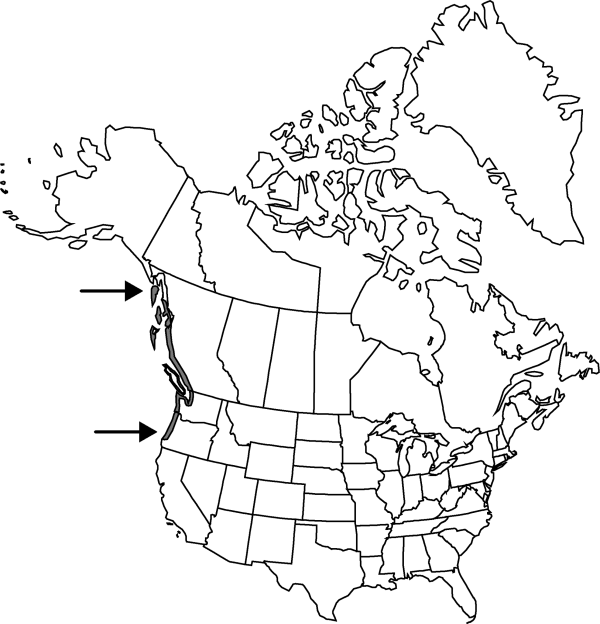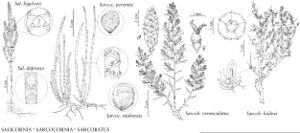Difference between revisions of "Sarcocornia perennis"
Bot. J. Linn. Soc. 75: 367. 1978.
FNA>Volume Importer |
FNA>Volume Importer |
||
| Line 7: | Line 7: | ||
|year=1978 | |year=1978 | ||
}} | }} | ||
| − | |basionyms={{Treatment/ID/ | + | |basionyms={{Treatment/ID/Basionym |
|name=Salicornia perennis | |name=Salicornia perennis | ||
|authority=Mil ler | |authority=Mil ler | ||
| + | |publication_title=Gard. Dict. ed. | ||
| + | |publication_place=8, Salicornia no. 2. 1768 | ||
}} | }} | ||
|synonyms= | |synonyms= | ||
| Line 50: | Line 52: | ||
|publication year=1978 | |publication year=1978 | ||
|special status= | |special status= | ||
| − | |source xml=https://jpend@bitbucket.org/aafc-mbb/fna-data-curation.git/src/ | + | |source xml=https://jpend@bitbucket.org/aafc-mbb/fna-data-curation.git/src/f6b125a955440c0872999024f038d74684f65921/coarse_grained_fna_xml/V4/V4_766.xml |
|genus=Sarcocornia | |genus=Sarcocornia | ||
|species=Sarcocornia perennis | |species=Sarcocornia perennis | ||
Revision as of 20:02, 24 September 2019
Woody stems prostrate to procumbent, creeping and usually rooting, often forming mats to 1 m diam.; with numerous, erect stems, simple or sparingly branched, 10–20(–30) cm, larger fleshy segments 10–25 × 2–3 mm. Terminal spikes: larger with 7–14 fertile segments, 10–25 mm. Fertile segments: larger ones 1.6–3.1 × 2.9–4.4 mm; central flowers 1.3–2.8 × 1.3–2.7 mm; anthers 0.8–1 mm. Seeds 1.1–1.3 mm, pubescent; hairs strongly curved or hooked, most exceeding 1 mm, slender. 2n = 18.
Phenology: Flowering late summer–early fall.
Habitat: Salt marshes and tidal flats
Elevation: 0 m
Distribution

B.C., Alaska, Oreg., Wash., s, w Europe, sw Asia, n, s Africa.
Discussion
Sarcocornia perennis has also been reported from the coasts of the northeastern United States, but most of these plants appear to be depauperate individuals of S. pacifica. However it is possible that some plants from New England are S. perennis, and further study is needed to determine the precise distinction between S. perennis and S. pacifica.
Selected References
None.
